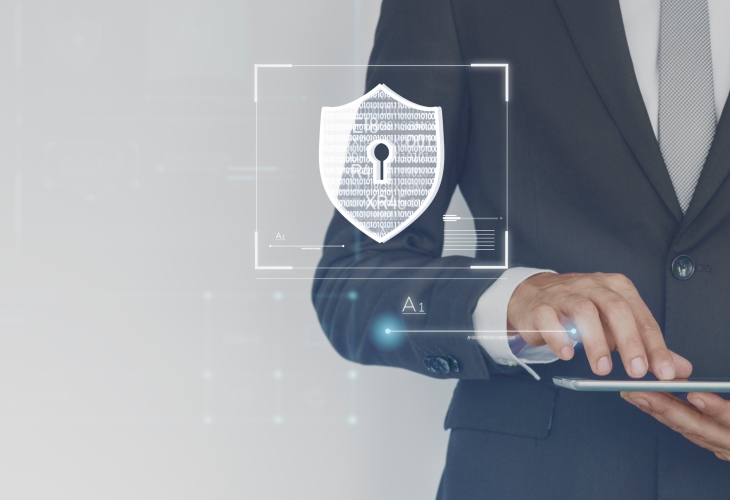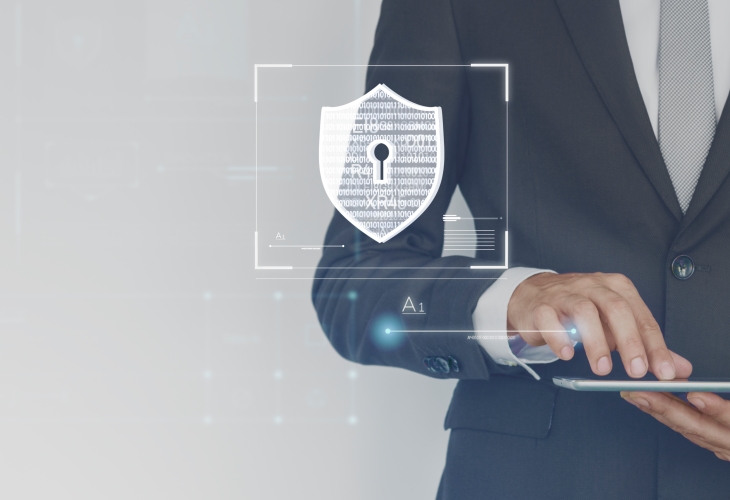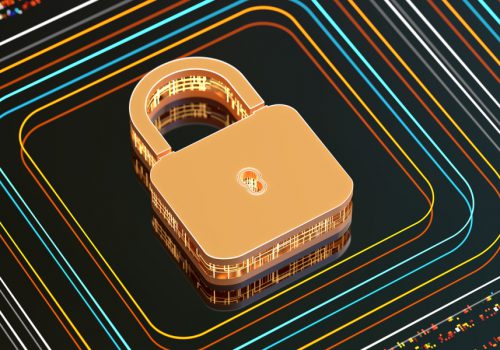Organizations collect and store a lot of data about their employees. This data is necessary for payroll, benefits, communication, and employee health and safety.
Data is also a hot commodity, containing sensitive and private information that can put people at risk. Data breaches, hacks, leaks, and cybersecurity threats can cause organizations and their employees’ untold amounts of damage.
Keeping employee data secure is an organizational priority. In this article, we will talk about the importance of employee data privacy and the steps you can take to protect your employees’ personal information.
The importance of employee data privacy
Data privacy is at the forefront of everyone’s mind right now. We might not like it, but organizations cannot operate without employee data. After all, how does payroll processing work without employee bank account information? Nobody would get paid!
Data is a necessary tool, and that means that data privacy has implications for both employees and employers.
- For employees
Employees want to feel safe, and being assured that their employer cares about their sensitive information is a large part of that.
Employee data can include:
- Names
- Birthdates
- Addresses
- Social security numbers
- Bank account details
- Medical records
- Criminal records
Imagine any of this information getting into the wrong hands–it could have lasting financial and safety repercussions. Employees need to be able to trust your organization with their personal and financial data.

- For your organization
Failing to abide by data privacy regulations can put your organization in financial and legal trouble.
Regulations vary by area, but there are some common privacy responsibilities:
- Secure employee data
- Inform employees about the data they collect and what it gets used for
- Acknowledge and respond to employee data requests within a set timeframe
If organizations break data privacy laws and regulations, they might face prosecution, hefty fines, and reputational damage. They might also be forced to invest in better security and compliance.
Aside from the tangible repercussions, prioritizing employee data privacy benefits employees–which in turn benefits organizations. Employees who feel secure and valued are more productive, meaning increased organizational success.
How to ensure employee data privacy in your organization
Let us look at some tips for strengthening employee data privacy.
- Understand your responsibilities
Many employers take employee data privacy for granted. Some believe they can collect whatever data they please, use it however they want, and can monitor employees at all times. But this is not always the case.
Different regions have different data privacy laws and regulations. If you hire locally, you need to understand your local legal obligations. If you hire nationally or globally, it is important to know the regulations set by the states and countries your employees live in.
In general, data needs to be stored properly, access needs to be restricted, and any monitoring tools need employee consent.
It is not always about the law of the land, though. Some regions have strict employee privacy laws, and some are more lax. If you are in the latter, it is important to consider employee morale when making data privacy decisions. Just because you can invade your employee’s privacy, that does not mean you should.
- Create a data security policy
Bake employee data privacy into your company culture by having HR craft a policy.
This policy will be your guidebook, introduced to existing employees, ingrained in your employee onboarding, and used for regular training to keep everyone up to date.
It is worth repeating that different regions have their own laws and regulations. But there are a few starting points to any strong data policy:
- All employees must consent to the data collected and what it will be used for.
- All employees must understand their data privacy rights.
- The organization should only collect necessary data.
- Data must be stored securely.
- Access to data must be restricted.
- Mandatory data compliance and security training should be undertaken regularly.
Making data protection a core part of your organization gets everyone on the same page and encourages good data practices that will last.

- Have strong data security systems in place
Good tools are your first line of defense against employee data breaches.
Invest in software that has a good reputation. That means any software you use for operational processes, as well as antiviruses and firewalls.
Look for software with a SOC2 designation. This means the software meets data security standards set by the AICPA (American Institute of Certified Public Accountants). Despite being created in the US, the SOC2 designation is globally respected as an international standard.
- Educate employees
Most data breaches are not caused by sinister hackers in dark rooms plugging away at a keyboard.
Data is often compromised in boring, unassuming ways. According to Verizon’s 2023 Data Breach Investigations Report, 74% of breaches involved a human element.
Educating employees about cybersecurity threats, online risks, and what these things really look like is vital to reducing data breaches.
Teach employees about:
- Strong password etiquette
- Phishing scams
- Social engineering
- Website security
- Not clicking on any old link they come across
- Not opening email attachments without being certain who they are from
These simple measures can drastically reduce data breaches.
- Monitor access
Only authorized personnel should have access to employee data.
You can guarantee this by utilizing access controls to give, revoke, and monitor access to sensitive records. Access controls allow levels of security, meaning only certain employees can access certain levels of information.
For example, to conduct payroll for small businesses, accounting departments need banking information. But nobody else within that organization needs that information, so they should not have access to it.
Access controls also allow monitoring. Every detail of the access is logged, including times, dates, the person responsible, and any changes made to the data. This keeps everyone accountable. It is important to remove access to employees who no longer require it. If someone leaves the company, moves to a different position, or is fired, their access to sensitive data should be revoked.

- Protect data from start to finish
You might not know this, but protecting data privacy begins at recruitment.
From the moment you start processing applications, you are in possession of someone’s data. Candidate applications contain all sorts of sensitive information, like names, birthdates, addresses, phone numbers, and personal history. Your organization has as much responsibility to protect applicant data as it does employee data.
Some regulations demand data protection after an employee has left. For example, GDPR requires employers to keep employee data secure for six years after they have moved on. You can still be held accountable for security breaches before and after employees work for you.
- Dispose of unnecessary data
Once your employee data is ready for disposal, ensure it is done properly.
If your data is on paper records, they should be shredded or dealt with by a company well-versed in sensitive document disposal. If you store data on hardware, it should be fully wiped. If data is kept in cloud storage, the service you use should be following data disposal regulations.
Do not keep data you do not need. This will lighten your data privacy obligations and ensure that your records are kept up-to-date.
Ensuring employee data privacy in your organization
Employees rely on your organization to keep their sensitive data safe and secure. Shirking that responsibility puts both employees and your whole organization at risk. Falling prey to data breaches, cybersecurity attacks, or human error can cost your organization financially, legally, and affect its reputation.
However, it can be difficult for organizations to meet growing data privacy demands. Utilizing these tips can help you prioritize employee data privacy, creating a safer working environment for you and your staff.









